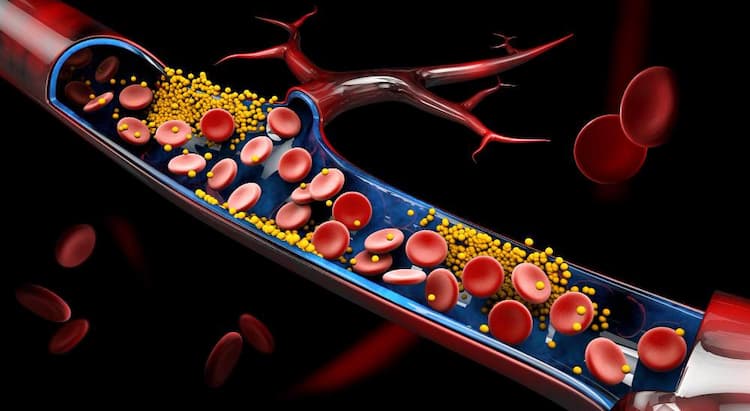Motion Sickness: Two new theories explain why some people experience nausea, dizziness while travelling

Medically Reviewed By
Dr. Ragiinii Sharma
Written By Dr Divya Rohra
on Mar 28, 2022
Last Edit Made By Dr Divya Rohra
on Mar 13, 2024

Road trips or train journeys are exciting and eventful for majority of people, but for some people, these journeys may end up being horrifying and unpleasant. If you feel sick due to movement in a car, train, bus, boat, plane, or any other vehicle, then you suffer from a condition known as Motion Sickness. This condition is often accompanied by a broad spectrum of symptoms like lightheadedness, dizziness, vomiting and nausea. While the exact cause of motion sickness is still unknown, there are certain theories which have made an attempt to explain the cause of motion sickness. The two new theories suggested for motion sickness are “The Sensory Conflict Theory” and “The Alternate Theory”. 
The Sensory Conflict Theory
According to the sensory conflict theory, the impaired balance system of the body is the main reason behind motion sickness. The balance system is controlled by the balance organ present in the inner ear, in correspondence to the information retrieved from what you are feeling or seeing. When the information gathered from different sources does not match, it makes you unsteady. This is considered as the main reason behind motion sickness, that is, the mismatch of information received from all the senses of the body. Therefore, if you have less sensory mismatch, you will experience less motion sickness during your journey. This theory was given by a northwestern neurologist, Timothy Hain.
The Alternate Theory
According to the alternate theory, the main cause of motion sickness is improper posture. According to this theory, the mismatch of sensory information is not the only reason behind motion sickness. Therefore, if you are able to maintain a posture that can reduce the sensory information mismatch, it can reduce our symptoms of motion sickness. This is the advanced form of the main theory given by Thomas Stoffregan, a Kinesiologist from the University of Minnesota. According to him, motion sickness is an indicator of the inability of the body to maintain a proper posture when it is in a moving state.
Takeaway
Motion sickness is not a disorder but a condition that appears when a person is in moving in a vehicle. This condition is quite common in people. The main cause of the occurrence of motion sickness has still not been isolated. Various researchers have studied the condition, and have given a theory of their own. Now that you know the two major theories that describe motion sickness, you can take measures like maintaining a proper posture while travelling, so that you feel less symptoms of motion sickness in your next trip.
Frequently Asked Questions (FAQs)
-
Why do I get motion sickness while travelling?
Motion sickness is caused because your vestibular system, that is, proprioception, inner ear and eye (sensations, balance and sight) are not in sync with each. -
Is motion sickness genetic?
Till now the main factors responsible for motion sickness are still not understood, but it is probable that motion sickness is a partly genetic condition. -
Can drivers get motion sickness?
Motion sickness in drivers is generally observed during longer road trips when they are fatigued.



